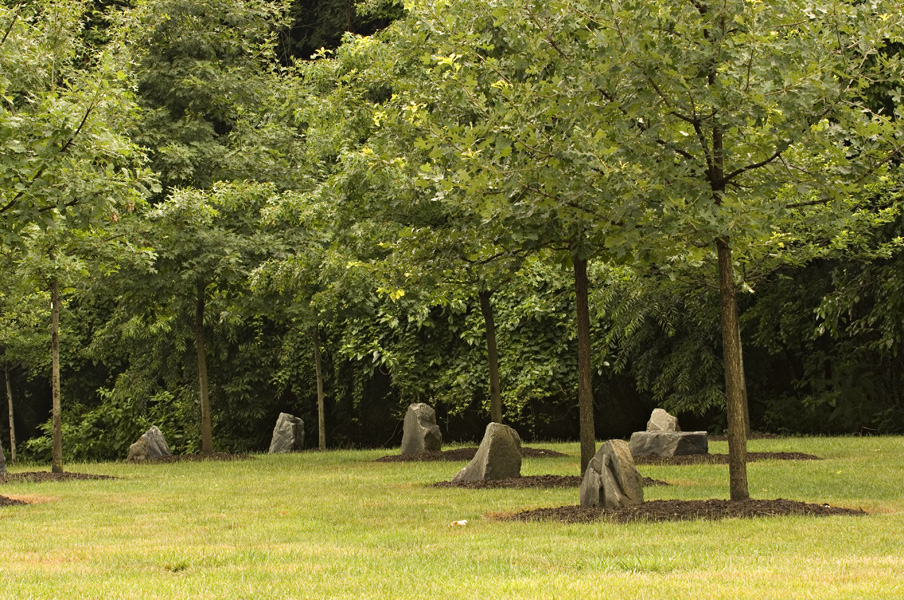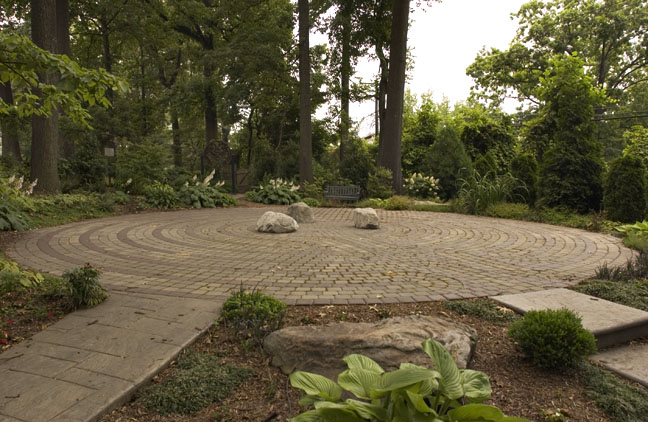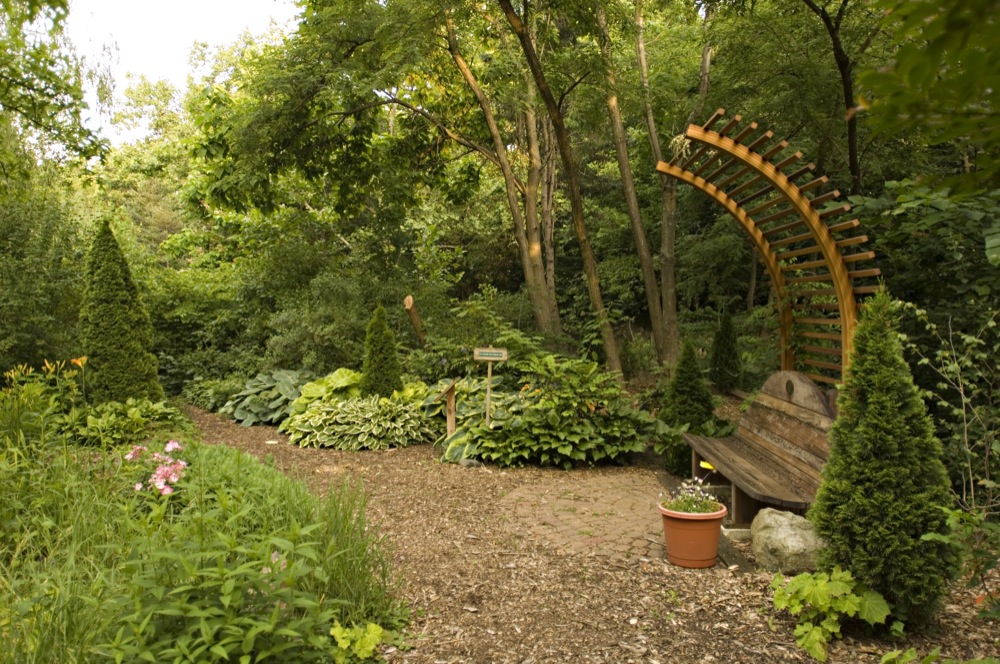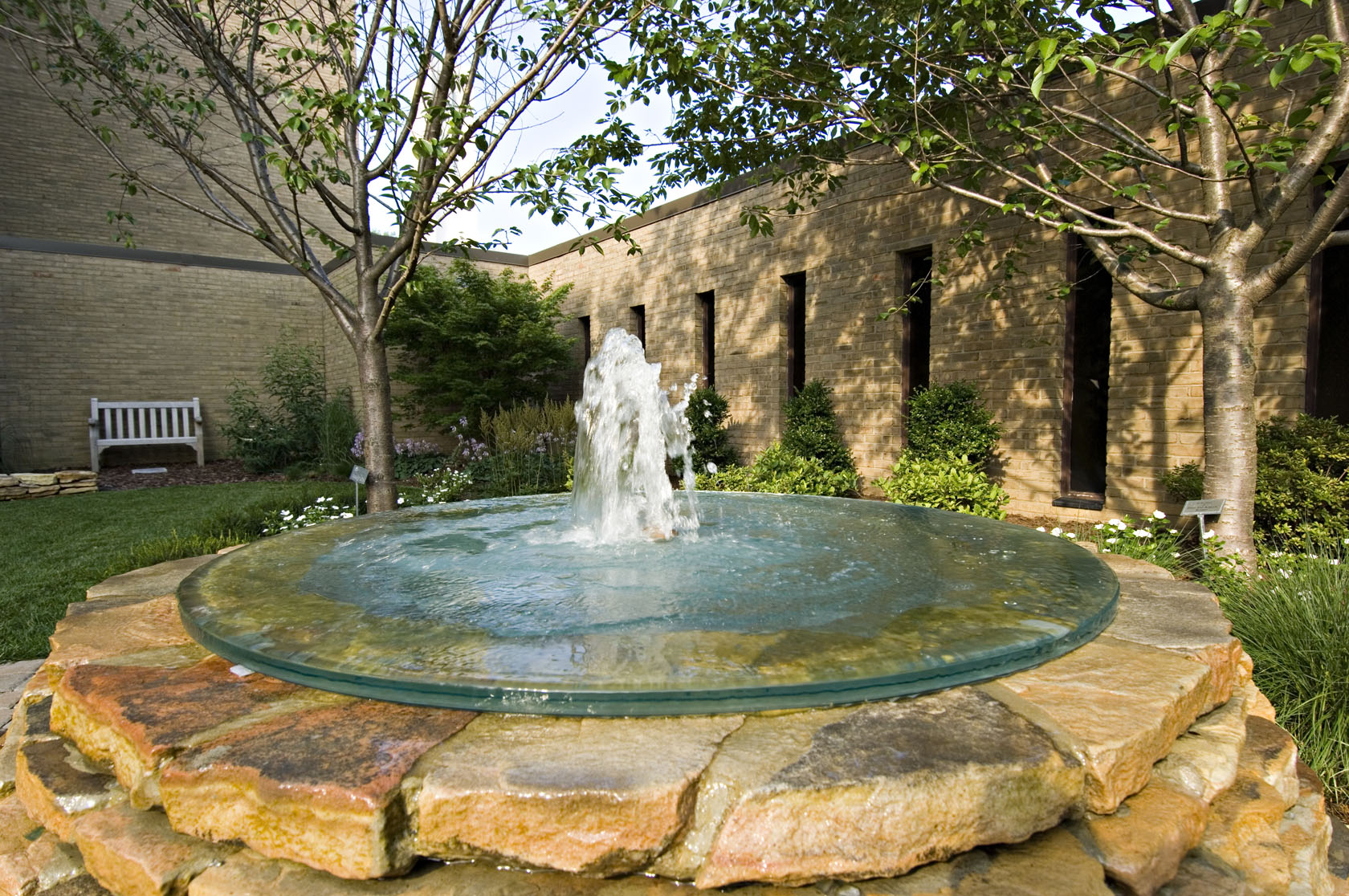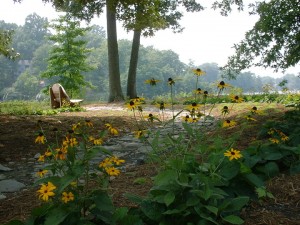In an article published by Slate.com, Sue Thomas, a visiting fellow at the Media School at University of Bournemouth in the United Kingdom, tell us it’s long been proven that glimpses of nearby nature can have beneficial effects on our mental functioning and well-being . In the 1980’s experimental psychologists Rachel and Steven Kaplan found that people with access to nearby nature experienced great health benefits and even seemingingly insignifact views can offer healing impact. The Kaplan’s work dovetails with the concept of Biophilia as promoted by E.O. Wilson and biophilic design as championed by Stephen Kellert but could the digital world also be of value in restoring cognitive and mental functioning?
Building on the work of cognitive neuro-scientist Marc Berman (a Nature Sacred Award recipient) which demonstrates the beneficial effect of walking in urban environments, Psychologist Deltcho Valtchanov studied subjects’ response to virtual environments. He reported that virtual spaces, too, deliver beneficial results, giving rise to the term “technophilia.”
No access to greenspace? No time to take a walk out in nature? Why not give it a try? Here are some images to get you started:
UMBC: Joesph Beuys Tree Project, MD
Whitman Walker Clinic of NOrthern Virginia, VA
Mt. Washington Preservation Trust, MD
